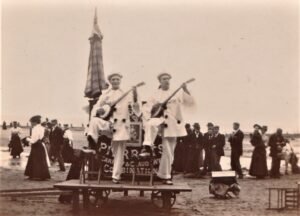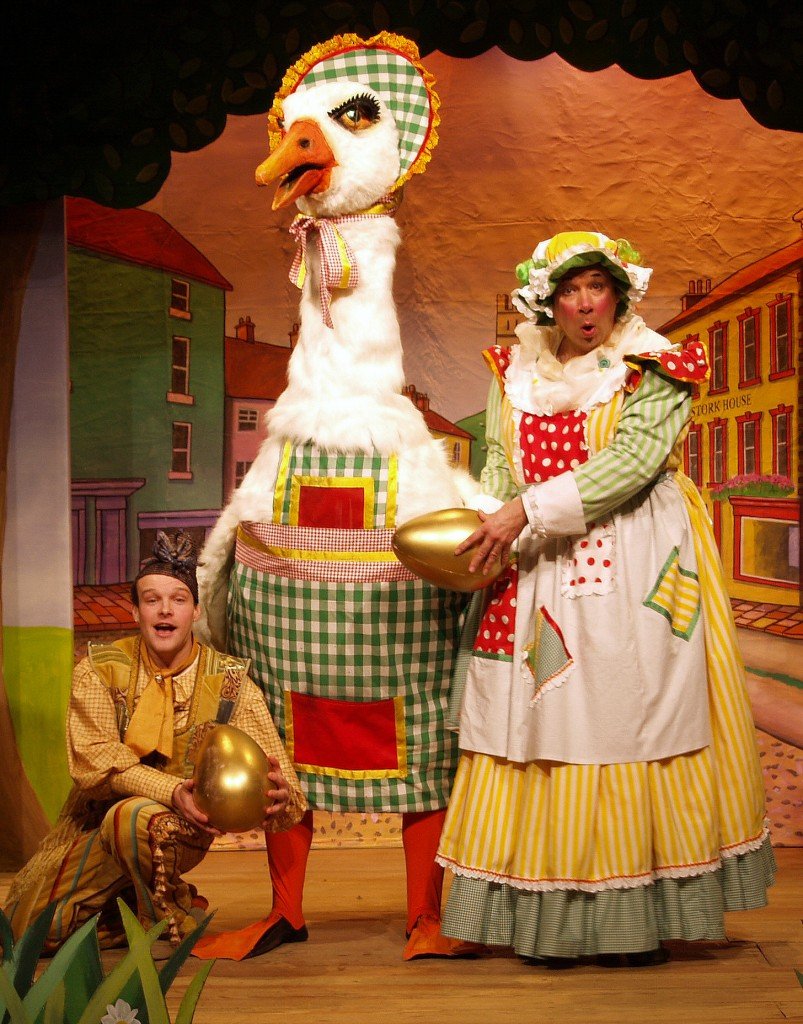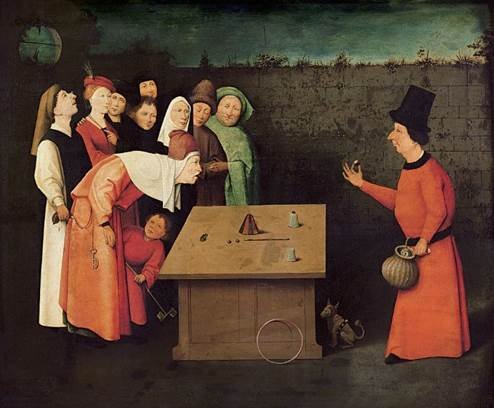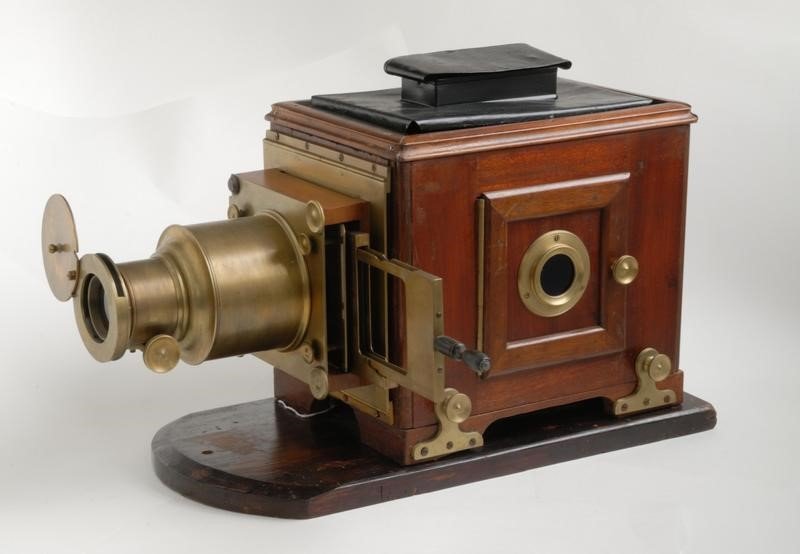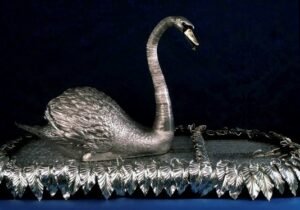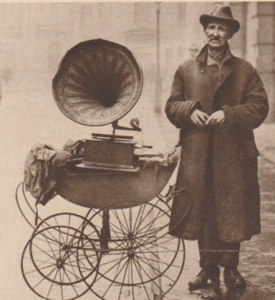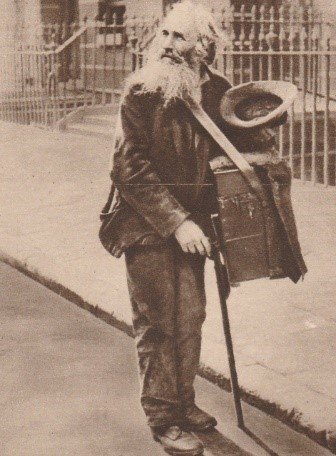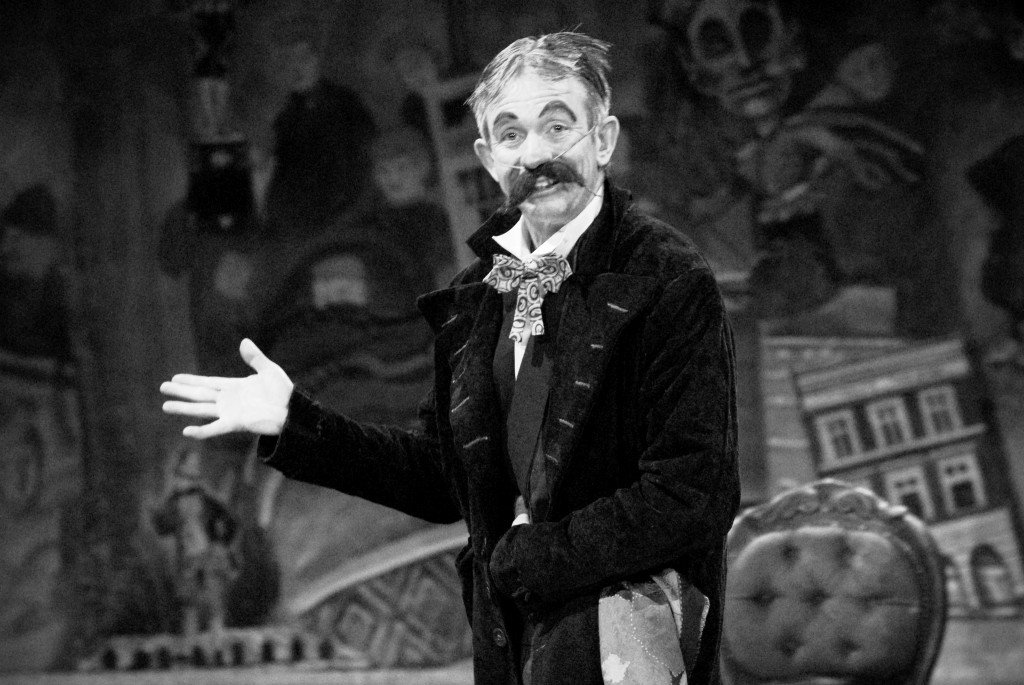Illustrated Public Talks
Dr Tony Lidington has been a showman, researcher and teacher for over 40 years: he has run theatre venues, companies, festivals and events for and with a wide range of diverse communities. He specialises in historical popular entertainment forms and their application to contemporary contexts.
In 2017, he was awarded a doctorate for his research into itinerant British performance forms by Exeter University.
He is now a part-time senior lecturer at University of Exeter with a Postgraduate Certificate in Academic Practice (awarded 2024).
Tony is also an Accredited Lecturer of The Arts Society.


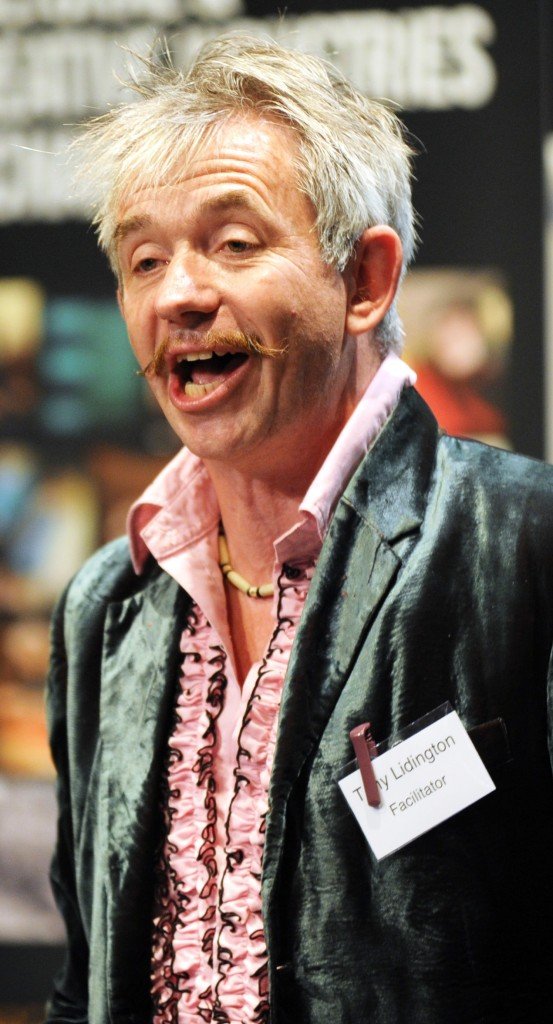
Tony regularly broadcasts for both radio and television – most recently for David Walliams and Lee Mack’s episode of ‘Who Do You Think You Are?’
However, he is perhaps best known by families throughout the country, as ‘Uncle Tacko!’ – ringmaster of his extraordinary flea circus and the founder of ‘The Pierrotters’, Britain’s last professional seaside pierrot troupe.
Arts Societies can book any of the following five entertaining and engaging lecture-demonstrations about different kinds of British popular entertainment.
Each talk lasts 1 hour, with 10 minutes for Q&A. Suitable for adults and families – the talk can be tailored for the ability and awareness of the group.
Pierrot Heroes – the evolution of British Seaside Entertainment
Tony’s archive of seaside Pierrot troupes and concert parties is believed to be the most extensive in existence and in this lecture demonstration about the history of seaside entertainment audiences will have the opportunity to view original archive material. The lecture asks: what is the British seaside? How did it come about? What are the origins of the seaside pierrot troupe and concert party… and how modern pop music and comedy are rooted in these very British Artforms.
Suitable for ages 11+, with original archive material, data- projected imagery and live 78 gramophone music…there’s even the chance to singalong! A CD of seaside entertainment is available for sale too.
NB This talk can be tailored to address those troupes who performed in your specific region and is relevant to many English-speaking areas around the globe, as well as its origins in France, Italy and the African-American communities.
Here We Are Again! – the great British Pantomime
Where does pantomime come from? What makes a pantomime? Why is this peculiarly British style of show so successful? See our Pantomime page to see the depth of Tony Lidington’s experience in this specialised field.
Tony has been a writer and director of historic pantomimes throughout England for over 30 years. He has researched the origins and evolution of the form, from its commedia dell’arte roots, to its first British representation in Georgian England, to the Victorian spectaculars, music hall & variety additions and ultimately into the modern age.
What is the origin of slapstick? Where does the Dame come from? Why do boys dress as girls and what on earth is it with all those dancing cows and giant geese? Find-out exactly why pantomime is so popular, what makes it so successful and how it remains such a joyful celebration of all that is quintessentially British.

Illusion & Delusion – pseudo science and showmanship
‘On Illusion & Delusion’ – performative science and quackery.
This is an illustrated romp through the performative nature of science and showmanship is presented by renowned performer, researcher and presenter – Tony Lidington. When asked to define his job, Tony describes himself as a showman, as it is close to the role of shaman – a portal to other perceptions of reality… or illusion.
This talk explores the ways in which popular culture and science have been fused and confused over the years: how the definitions of what is real, unreal, imaginary, fake or hallucinatory, are all woven together. Learn how pseudo-science and empirical knowledge bifurcate, blur and merge over time, to create a blended muddle of perception that we sometimes call truth, sometimes fakery, or sometimes just a show.
The Wonder of All Wonders! – peepshows & the origins of moving pictures
The peepshow was one of the most popular types of street entertainment in the 18th and 19th centuries – it was the fore-runner of magic lanternism, the bioscope, cinema and even television & augmented reality, yet now the form is almost unknown.
Peepshows were presented by ‘Raree Men’, whose animated stories used moving scenery, puppets and sound effects for amusement, education and information…the BBC of its age! This talk features a range of optical devices that the audience can use, as well as a series of delightful slides to demonstrate the visually-aided storytelling that predated the cinema by 150 years and which now plays a part in the augmented realities of 21st century computer gaming!
Tony brings this once-popular form vividly to life with wit, verve and a host of fascinating optical devices which the audience can examine and handle.
From Silver Swans to Ipods – the development of street and mechanical music in Britain 1800 – to the present
This is an illustrated lecture about the development of mechanical street music performed and operated by itinerant performers over the last two centuries. This presentation is a visual and practical demonstration of the ways in which mechanical music has been significant to itinerant performers over the last two hundred years. As a practitioner of historical popular entertainment forms, Tony uses authentic acoustic and mechanical music as a means of attracting a passing crowd. There will be slides from Tony’s unique archive of buskers and itinerant performers, as well as live musical demonstrations of a barrel piano, barrel organ, banjo and gramophone (these can even be operated by delegates as part of a workshop, or follow-up discussion).
This presentation will show how such machines started as illustrious playthings of the rich, but were disseminated and democratised through technological advances which ultimately led to digitisation and the Ipod!
Dan Leno – the birth of stand-up comedy and pantomime dames
Exploring the life and performance history of Dan Leno. You can find out more about Tony’s one-man show Dan Leno – The King’s Jester here.
Dan Leno was the most famous and highly-paid musical hall artist of the Victorian era. He was billed as ‘The Funniest Man on Earth’ and is credited with creating the role of the pantomime Dame and inventing what is now universally known as “stand-up comedy”. Yet he ended his life incarcerated in a lunatic asylum at just 44 years of age.
Although there are some scratchy recordings of Dan’s songs, he was never filmed in performance, so Tony has made a special study of Dan’s contribution to the development of contemporary popular culture by recreating the role on stage, radio and various television programmes (including with Frank Skinner in “What A Performance! Pioneers Of Popular Entertainment” for BBC television).
This talk is illustrated with performances by Tony of Dan’s original material in music hall costume, as well as audio recordings of Dan Leno himself.
Notes:
All these talks feature artefacts and memorabilia that can be handled by the audience, as well as lavish Powerpoint presentations.
Each talk can be tailored to suit the time available and the facilities of the venue.
I do not offer Zoom presentations (unless in very specific circumstances) – I much prefer live, direct contact with my audiences.
My teaching schedule at the university means that most of my bookings are during the academic holidays (December-early January, Easter, June-September). I have occasionally been able to plan dates outside of this range, but only by agreement with the University, which they give me with only 3 months’ notice. Inevitably, this does not fit with most society’s programming schedules, although it can mean that I am able to fulfil some bookings at short notice.
Technical/logistical requirements:
- Access to an ordinary power socket with a 4-way extension lead.
- I ask the venues to provide a computer and projector, then I usually send the Powerpoint presentation as a download by Whatsapp a week or so before the agreed date and also bring a back-up version on a memory stick which I shall bring with me on the day.
- A sound system and remote control is needed for the Powerpoint.
- I have a loud voice, but happy to use the venue’s microphone/induction loop system, if appropriate or required. A head-mike or bug-mike is what I like to use.
- I usually wear some bits of costume, as well as bringing display items with me, so a little area for storage is handy.
- If the venue is more than 100 miles from my home in South Devon, then I would need overnight accommodation.
- Most of my talks require more equipment than can be carried easily, so I generally travel by car. The charge for mileage is 50p per mile.
Please feel free to Contact Tony about Talks and discuss what you would like
Previous Talks and Lectures
Dates of talks/papers for teaching & research:
- “A treasure trove of joy and rapture – the lost history of pierrots and concert parties rediscovered through postcards.” Picture Postcard Monthly June 2018
- “In the Belly of the Beast: The Itinerant British Showman and the definition of ‘Seer Performance’ Popular Entertainment Studies, March 2017
- Paper: for ‘A Million Pictures AHRC project “A Fantastical Phantasmagorical Phenomenon for the Twenty-First Century – ghosts, gauzes and grandiloquence.” (2017)
- Lecture: ‘“The wonder of all wonders that ever the world has wondered at…”- nineteenth century itinerant peepshows and their re-imagining for a digital age.’ Centre for Research in the Arts, Social Sciences and Humanities, Cambridge University (2017)
- ‘The History of Commedia costume in popular British performance’ for costume & design BA course at Bournemouth University (2018 & 2015)
- Keynote speech at ACE’s Arts Fund-raising & Philanthropy Fellowships (2013)
- ‘Travelling peepshows – past and present’ The Magic Lantern (Autumn 2016)
- ‘My Pierrot Hero’, Banjo Mandolin Guitar journal(Summer 2015)
- ‘New Terms for Old Turns’,New Theatre Quarterly Volume III Number 10 (May 1987)
Exeter University – ‘Flea circuses, showmanship & pantomime’
Cambridge Interdisciplinary Performance Network, Cambridge University – ‘19th century peep-shows re-imagined in the digital age’ for the Centre for Research in the Arts, Social Sciences and Humanities (CRASSH)
Plymouth Art College – ‘Commedia Costume into the Modern Age’. Bournemouth University – ‘The history, evolution & meaning of the British pierrot tradition’
Bournemouth University – ‘The history, evolution & meaning of the British pierrot tradition’
Doctor Tony Lidington, I presume.
Tony was awarded his doctorate (PhD) through publication and performance practice entitled “‘The Itinerant British Showman’: an exploration of the history and contemporary realisation of three popular entertainment forms” by Exeter University in May 2017 .
This thesis was presented as an ebook – if you would like to read the original version, complete with video excerpts and interactive footnotes & appendices, please contact Tony directly. A reduced version of the thesis was published in the international performance journal ‘Popular Entertainment Studies’ 190-963-1-PB Published article in Popular Entertainment Studies

